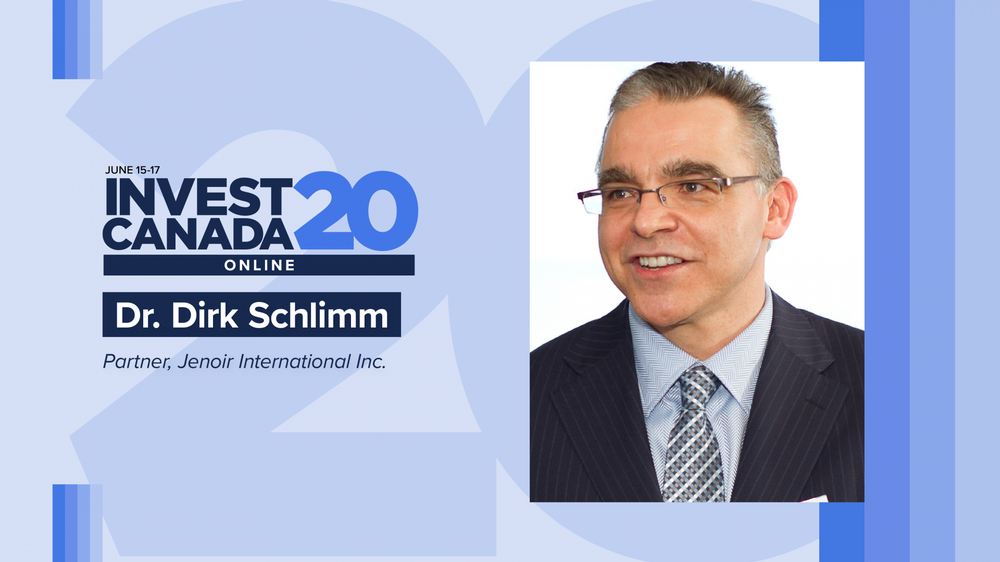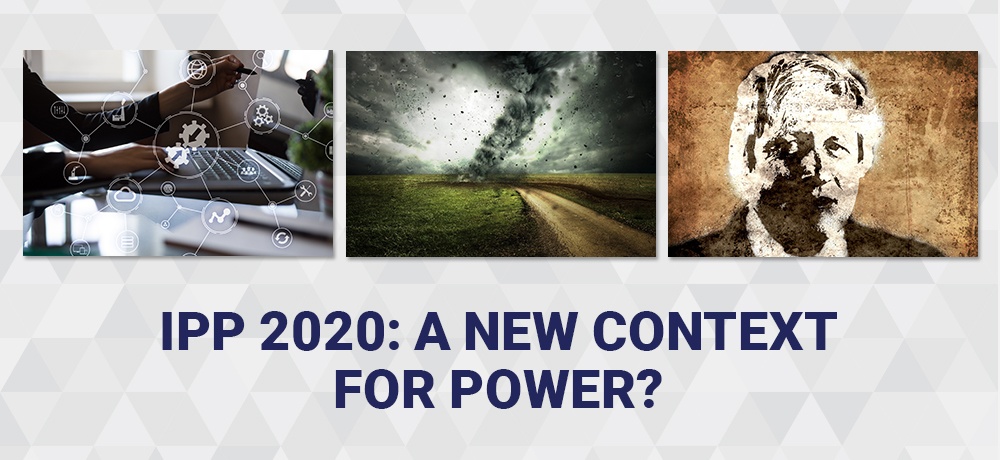Relationships require work. This is as true for families as it is for businesses and is doubly true for family businesses. In Canada, the most recent Rogers family business drama has captivated the nation even more than the turmoil surrounding the Stronach family business empire. Eleven million Canadians are Rogers customers after all. Of course, Canada is hardly alone when it comes to family business quarrels. Earlier this year, the Economist chronicled “explosive” family feuds in Germany’s powerhouse companies (surprisingly calling them surprising), and the New York Times highlighted some of the relational struggles of American family firms. Family businesses are also a key feature of the Japanese economy, possibly even holding the record for longevity - the Takenaka construction company, for example, goes back to the year 1610.
-
The ultimate competitive advantage for family businesses: Doing arguments well.

Click here to read the full article
-
Convincing Powerful People to Change Their Mind - Can it Be Done?

Since writing Influencing Powerful People (IPP) 10 years ago, I have become somewhat of a “conversation coach.” I teach “difficult conversations in the boardroom” at the University of Toronto’s Directors Education program, I act as a sounding board and advisor for those getting ready for a difficult conversation with a powerful person, and I have these conversations myself (a good reminder of how hard this really is). Despite all my exposure to the topic, I have not found the “three sure-fire steps to win every argument.” But I have learned more about it: I have seen the difference between what others and I thought would happen and what did happen; I had the opportunity to debrief (sometimes in great detail) on what worked well, what was insufficient and what backfired; and I got to reflect on what should be a lesson for next time. Most of what I wrote in “IPP Rule 15” remains valid, but here are some insights that stand out after careful inspection, reflection, and application. Most of this takes the perspective of an executive “talking to the boss.” For a recent review of persuasion techniques from an external advisor perspective please have a look at Lothar Determann’s earlier contribution to our IPP 2.0 series.
Click here to read the full article
-
IPP 2.0: From Seminary to Theological PhD Program - The Importance of a Good First Impression in Influencing Powerful People

IPP 2.0: From Seminary to Theological PhD Program - The Importance of a Good First Impression in Influencing Powerful People
By Christian Clement-Schlimm
Click here to read the full article
-
Six Questions that Will Help You Manage/Lead Better While Working from Anywhere

Six Questions that Will Help You Manage/Lead Better While Working from Anywhere
By Dirk Schlimm
The world is changing and so must managers and leaders. In fact, the “you must change'' mantra has reached somewhat of a fever pitch as the COVID pandemic is wearing on. But is managing really that different in the “new normal” of working from home?
Click here to read the full article
-
Jenoir Client Spotlight: Canadian Venture Capital and Private Equity Association – IC20 Online Master Class

Jenoir Client Spotlight: Canadian Venture Capital and Private Equity Association – IC20 Online Master Class
By Dirk Schlimm
Click here to read the full article
-
Privacy Influence – 7 Strategies for Trusted Advisors Who Seek to Influence Corporate Decision Makers Operating and Competing in the Data Driven Economy.

Special thanks to Lothar Determann for this blog entry. It is part of the IPP 2.0 Blog Series, which revisits the “rules” introduced in Dirk’s book Influencing Powerful People and invites experts from various sectors to share their perspective on the topic. Lothar is one of the world's eminent experts in the field of data privacy. He practices technology law as a partner at Baker McKenzie in Palo Alto and teaches computer, Internet, and data privacy law at Freie Universität Berlin, University of California, Berkeley School of Law, and Hastings College of the Law, San Francisco.
Privacy leaders are in the eye of a perfect storm. Influencers and influenced alike can benefit from situational awareness and recognizing different approaches commonly used by advisors:
Click here to read the full article
-
How to Project Executive Presence while Working from Home

I am grateful to my friend Tom Kennedy, EVP at JR Bechtle International Executive Recruiting, for providing key pointers on this topic. With close to 25 years in international search, Tom has been assessing people across industries and cultures via video long before the COVID economy and ubiquitous WFH came along.
Click here to read the full article
-
Teamwork in Times of Crisis

Eminent teamwork expert, John Katzenbach, shares three insights about teamwork that are worth repeating: (1) teamwork is not about team building, it is about performance; (2) teamwork happens across departments and hierarchies; and (3) the most ambitious goals can only be achieved through teamwork. If Katzenbach is right, and I believe he is, teamwork has never been more important: With the massive upheaval brought on by COVID-19, working together well is not just a nice idea, it is an imperative.
Click here to read the full article
-
Influencing Powerful People in Times of Crisis

Times of crisis are when leaders show what they are made of. Winston Churchill, a long-time political outsider, led England through the dark times of WWII promising nothing but blood, sweat and tears; Rudi Giuliani, first perceived as rigid and self-righteous, won praise for uniting New Yorkers in the aftermath of 9/11; and Franklin Delano Roosevelt, criticized equally on the left and on the right, was the one who reassured Americans during the anxieties of the Great Depression.
Click here to read the full article
-
Influencing Powerful People – Lessons Learned from a General Counsel’s Career

Special thanks to Michael P.J. McKendry for this blog entry. It is part of the IPP 2.0 Blog Series, which revisits the “rules” introduced in Dirk’s book Influencing Powerful People and invites experts from various sectors to share their perspective on the topic. Michael is a recently retired executive with almost 30 years of diverse legal and business experience within multinational corporations and a large law firm.
I recently retired from a position as VP Corporate Services, General Counsel & Corporate Secretary at an industry leading international manufacturing company. Prior to that I worked at a leading global consumer products company and prior to that at a large law firm in downtown Toronto. For close to 30 years I came into contact with clients (both external and internal) who were often powerful in any number of ways, including those who were: important within the organization in which I was employed; important within society; superiors within the organization; powerful and/or domineering personalities; entrepreneurs who ran their own businesses; political figures; or even stubborn and headstrong individuals that could be intimidating to deal with as a client in either a law firm or a corporate setting.
Click here to read the full article
-
IPP 2020: A New Context for Power?

Powerful people, especially those of the larger than life variety, do not accept the status quo. They are driven to influence, disrupt, and shape the world around them; sometimes they “make” history. But power does not exist in a vacuum. Any era has its own irresistible currents that provide the context in which powerful people operate; these forces will empower some and obstruct others. Thus, understanding the times is critical - both for powerful people themselves and those seeking to influence them.
Click here to read the full article
-
Influencing Powerful People (“IPP”) 2.0: Does it still matter and do the rules still apply?

A little more than 10 years ago I started organized research into a topic that had been a preoccupation of mine for a large part of my professional career: How to work with and influence powerful people. The outcome of this venture was the publication on Influencing Powerful People (IPP) in 2011 and 16 “rules” of IPP engagement.
Click here to read the full article












